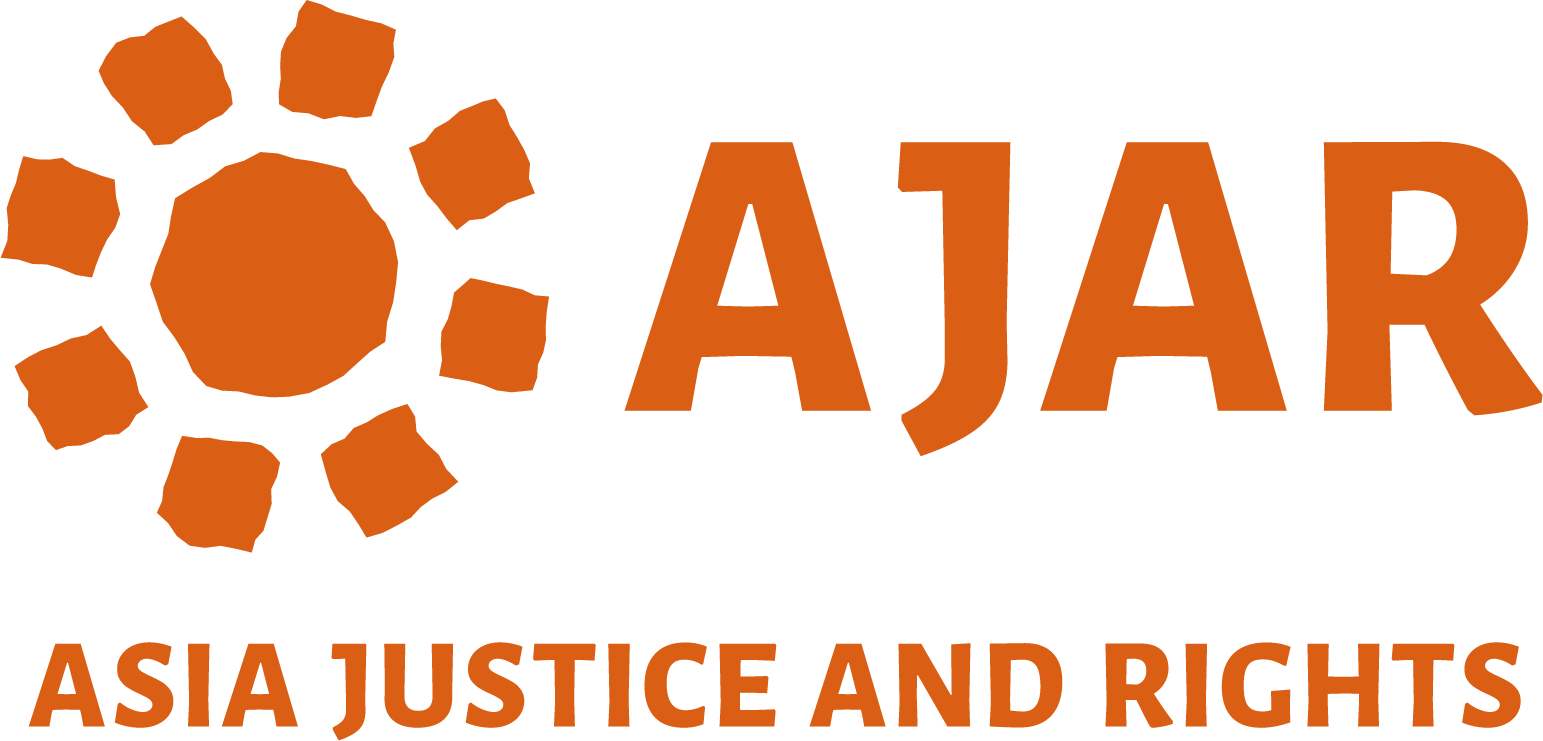Key Characteristics of a Truth Commission
- Complementarity to criminal justice: Truth commissions are not judicial inquiries. They do not establish individual criminal responsibility for specific crimes, determine punishment, or use the standards of due process applicable in a court of law. If they gather evidence useful for a criminal investigation, their inquiries may precede or complement the work of a court of law.
- Focus on gross violations of human rights: Historically, truth commissions have focused their investigations on the rights protecting a person’s physical and mental integrity and other serious crimes, such as torture, enforced disappearance, extrajudicial killings, forced displacement, and sexual violence.
- Period of investigation: Unlike parliamentary commissions of inquiry, common in many countries, which tend to focus on single issues or the circumstances of a specific event, truth commissions typically cover longer periods of abuse, sometimes decades.
- Large amounts of evidence: Because of their broad focus, both in terms of violations and time period, commissions may gather massive information from direct witnesses, archives, and other sources. The Truth and Reconciliation Commission of Peru gathered 17,000 testimonies during its two-year tenure, and South Africa’s Truth and Reconciliation Commission collected over 22,000 testimonies in three years. Such large amounts of data allow commissions to incorporate different methodological approaches, like statistical analysis, in their work.
- Victim-centred approach: Victims and survivors are primary sources of information for truth commissions, and many commissions have a legal mandate to ensure the well-being of victims. Many have developed services for victims, such as emergency help, psychological support, security, and legal aid.
To understand more about the characteristics of a truth Commission, please watch the following video:
